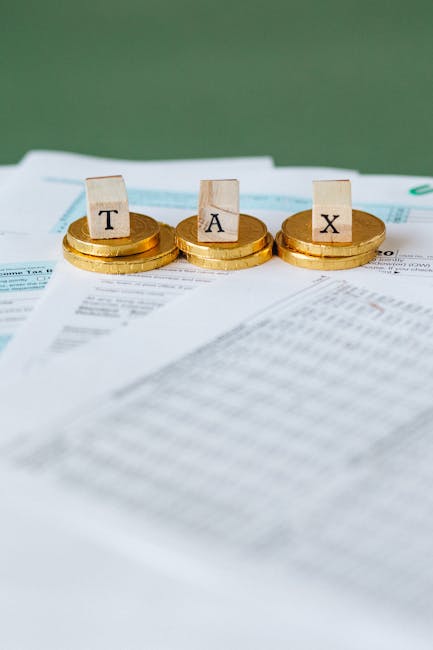-
SC Judges to Publicly Declare Assets: Prompted by the discovery of large sums of cash at a Delhi High Court judge’s residence, the Supreme Court has decided its judges will publicly declare their assets. The disclosures will be made to the CJI and then published on the court’s website.
-
No Legal Mandate: Currently, there is no law requiring judges to publicly disclose their assets.
-
Past SC Resolutions: A 1997 resolution mandated declaration to the CJI only, not the public. A 2009 decision allowed voluntary disclosure on the SC website.
-
RTI Applicability: A 2019 ruling stated judges’ assets are not “personal information,” potentially making them accessible under the RTI Act.
-
Low HC Compliance: As of March 2025, only 13% of High Court judges (97 out of 770) have publicly declared assets.
-
HC Resistance: Several High Courts (Allahabad, Rajasthan, Bombay, Gujarat, Andhra Pradesh, Uttarakhand) have strongly opposed public disclosure and RTI requests.
-
Comparison to Other Public Servants: Civil servants (under AIS Conduct Rules) and political candidates must declare assets. MPs/MLAs and Union Ministers also have asset declaration requirements. This difference in treatment has raised questions of equality and accountability.
The public disclosure of judges’ assets aims to increase transparency and accountability within the judiciary, aligning it with standards expected of other public servants.
